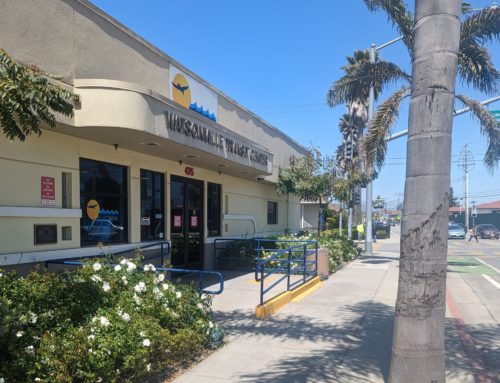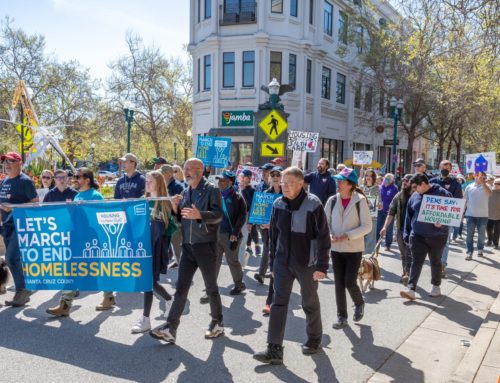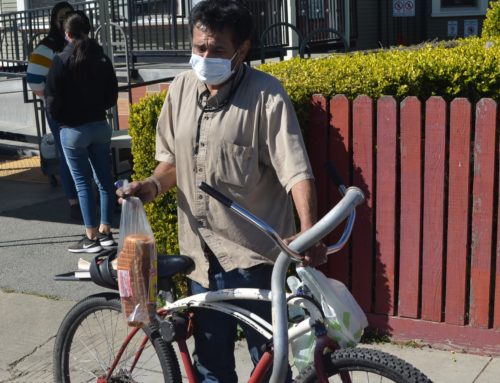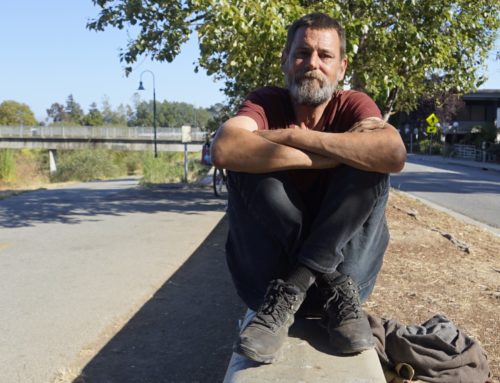Santa Cruz Local offers its Watsonville City Council meeting recaps free as a public service. But our work costs money to produce.
Santa Cruz Local depends on memberships from people like you to make sure vital information can be available to all. Can we count on your help?
WATSONVILLE >> Despite opposition from nearly the whole Watsonville City Council on relaxed rules for in-law units, the council on Tuesday acquiesced to a state mandate and approved a city code update that allows more in-law unit development.
The updated city housing rules allow construction of in-law units — also known as accessory dwelling units — if construction plans meet minimum requirements.
“I’m glad it’s the state that is shoving this down our throat because we are going to have someone to blame when all the neighbors get upset,” said Councilmember Lowell Hurst.
Hurst acknowledged Watsonville needed additional housing. But he believed a permissive approach to in-law unit construction will cause conflicts between neighbors — particularly if neighbors build units that are visible to their neighbors or block views.
Watsonville resident Gina Cole said she was concerned there was no way for neighbors to weigh in on construction plans of other residents. She was one of two people who spoke during public comment. Another resident, Steve Trujillo, said low-income residents need more housing options.
A lack of city authority over where, how and when in-law units are built could damage the city’s character, said Councilmember Ari Parker. “It sounds like it’s going to be the Wild West and the quality of life is going to go down,” Parker said.
Parker, Hurst and Councilmember Trina Coffman-Gomez proposed a resolution that delayed adoption of the changes until more information was available. It was voted down.
The council members who attempted to persuade their colleagues to approve the staff recommendation to make changes according to state dictates did so with a sense of resignation rather than enthusiasm.
“Any delay is not going to change anything,” said Councilmember Aurelio Gonzalez. “If we want to do something we are going to have to take it to the state level and change minds in other communities.”
Councilmember Francisco Estrada said approving the changes to the housing policy will allow some residents who have been living in unsafe or unsanitary conditions a path to legitimize their living situations.
City staff did not have the number of illegal housing units in Watsonville, but several councilmembers shared anecdotal information of residents living in modified boats, dilapidated RVs and other ramshackle living conditions that could be dangerous.
“There are hundreds if not thousands of illegally converted garages,” Hurst said.
Coffman-Gomez refused to vote to approve the resolution because the city staff couldn’t give specific calculations about the effect that in-law units will have on property taxes and the city coffers. Parker also voted no.
Hurst, despite his reservations, joined Gonzalez, Hernandez and Mayor Rebecca Garcia in approving the changes. “It’s a state mandate, so what choice do we really have?” Hurst asked.
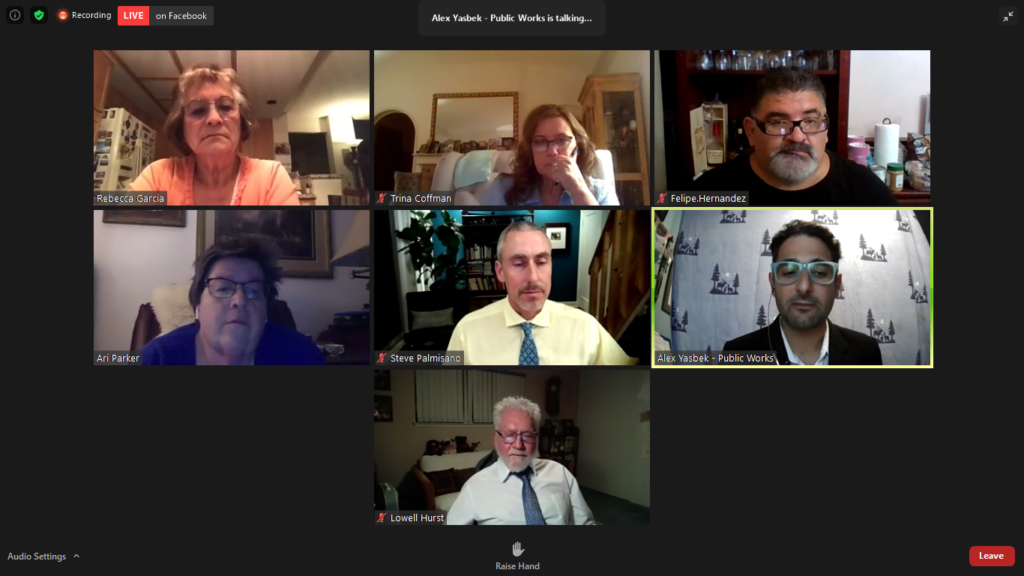
Climate Action Plan
The council also listened to a presentation on city staff’s progress toward a new Climate Action Plan with strategies on pollutants, climate change risks and ways to protect residents.
Alex Yasbek, a Watsonville city engineer, said carbon farming, biochar and wetland restoration will play a crucial role in bringing down greenhouse gas emissions while sequestering carbon.
Carbon farming refers to a practice where farmers store carbon in their soils. Biochar is a charcoal-like substance that is produced at the city wastewater treatment plant and is typically hauled off and disposed. Recently, the substance has proven to be highly beneficial to soils, particularly for organic farms.
“Right now, we pay people to take it away but we are trying to create a situation where we get paid for people to take it away,” Yasbek said.
Gonzalez said he was pleased with the plan and wanted an emphasis on making the city’s vehicle fleet electric. “We finally have the first EV (Electric Vehicle) bus here in the community,” Gonzalez said. He noted that it was only the first step.
A city survey is expected to be distributed to Watsonville residents in November that will help city leaders rank which climate change mitigation strategies to pursue, Yasbek said.
The city’s list of ranked actions is expected in the spring, Yasbek said.
Matthew Renda is a freelance writer who has garnered multiple awards for his reporting. His work has appeared in the Santa Cruz Sentinel, the Mercury News, CNET, CBS News, The Atlantic and Outside Magazine. He lives in Watsonville with his wife, Jessica, and their two children.


